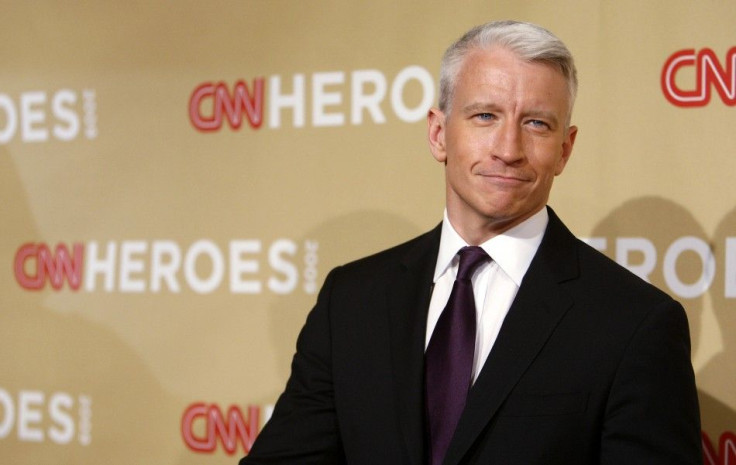Will CNN Abandon News? Why It Might Be Inevitable

News programming is safe on CNN -- for now.
On Monday, a spokesperson for the struggling cable network quickly downplayed a New York Post story that claimed it was developing reality-TV shows as part of a massive programming overhaul. The story, posted Sunday on the Post's website, said that CNN had started "seeking out reality-show ideas and big-name stars not afraid to talk politics." The paper did not name its sources, and by midday Monday, news of CNN's foray into Kardashian territory had spread like wildfire across the Twitterverse and throughout various online news outlets.
The dispersing news reports forced CNN to counter the Post's claim with a statement that clarified its programming plans. "CNN, which recently announced the hiring of Anthony Bourdain as a contributor, is continuing to explore other nonfiction original series for the weekend," the stament read. "We routinely pursue new talent and programming concepts within the news category and often shoot pilots for any number of our networks."
According to the New York Times' Media Decoder blog, a CNN executive emphasized the difference between entertainment-oriented reality fare and the kind of news-oriented nonfiction programming CNN is pursuing. So while it's no secret that CNN has been on the hunt for fresh ideas in the wake of ongoing ratings declines, the network is not looking for the next "Jersey Shore," or so it claims.
And yet the profusion of online chatter regarding big changes at the onetime champion of cable news has understandably raised the question: What CNN look like without news?
On its face, such a question might sound ridiculous -- at least initially. After all, when CNN first launched in 1980, it was the only 24-hour news network in existence. The channel not only pioneered an entire industry, it also set the stage for the kind of unremitting, around-the-clock news cycle that defines modern American discourse. But times change, and with cable news audiences having long since lost their appetite for anything that resembles balanced coverage, CNN's venerable attempts at centrism are pretty much ratings suicide.
Meanwhile, the right-leaning, blowhard-driven Fox News has been pummeling CNN in the ratings for the better part of a decade, and last week, the latter logged its lowest primetime viewership in 20 years. That reverse milestone followed last month's announcement that CNN chief Jim Walton -- who joined the network in 1981 -- is resigning at the end of this year, stating his belief that "CNN needs new thinking."
Which brings us to the question of what form that "new thinking" will take. While CNN has denied the kind of sweeping format overhaul suggested by the Post, such a change would be far from unprecedented in the natural-selection ecosphere of cable television. Consider the devolutionary paths forged by MTV and TLC, both of which have veered so far off course from their founding mission statements that we've all but forgotten what their initials originally stood for. If a network that once called itself The Learning Channel was forced to choose "Kate Plus 8" over obsolesce, CNN may ultimately face a similar dilemma. Although currently third among news cablers, it is not alone in its struggle to keep viewers' attention in the age of the Internet, iPhones, DVRs and Twitter -- none of which existed when CNN first went on the air. Ultimately, the uncertain future of CNN reflects the broader realities affecting cable news in general.
Whatever the outcome for CNN, big changes are coming sooner rather than later, and according to the Post's source, the well-performing Anderson Cooper is the only anchor safe from the chopping block.
© Copyright IBTimes 2024. All rights reserved.






















